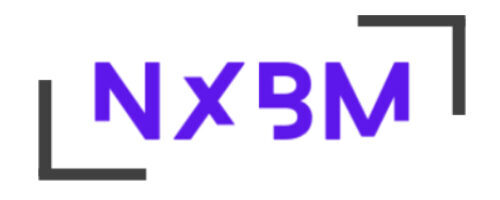Digital Marketing: A Comprehensive Overview
Body
Digital marketing leverages digital channels, platforms, and technologies to promote products, services, and brands. This expansive field includes a variety of strategies aimed at engaging consumers online. Mastering digital marketing insights is essential for businesses seeking to thrive in today’s tech-driven world.
Core Components of Digital Marketing
-
Search Engine Optimization (SEO)
- Definition: SEO is the process of optimizing a website to achieve higher rankings on search engine results pages (SERPs).
- Techniques:
- Keyword Research: Identifying the search terms potential customers use.
- On-Page Optimization: Improving meta tags, headings, and content quality.
- Technical SEO: Enhancing site speed, mobile responsiveness, and site architecture.
- Off-Page SEO: Building high-quality backlinks to improve domain authority.
- Benefits: Increased organic traffic, enhanced online visibility, and improved credibility.
-
Content Marketing
- Definition: Content marketing focuses on creating and distributing valuable, relevant content to attract and engage a target audience.
- Forms of Content: Blog posts, articles, videos, infographics, e-books, whitepapers, social media posts.
- Benefits: Builds brand awareness, establishes authority, drives customer engagement and loyalty.
-
Social Media Marketing
- Definition: Using social media platforms to promote products, services, and content.
- Major Platforms: Facebook, Instagram, Twitter, LinkedIn, TikTok, Pinterest.
- Benefits: Enhances brand presence, facilitates direct customer interaction, drives traffic to websites.
-
Email Marketing
- Definition: The use of email to communicate with potential and existing customers to promote products or services.
- Strategies:
- Newsletters: Regular updates sent to subscribers.
- Promotional Campaigns: Emails sent to drive sales or engagement.
- Personalized Emails: Customized content based on user behavior.
- Automated Sequences: Pre-set emails sent based on user actions.
- Benefits: Cost-effective, highly targeted, measurable results.
-
Pay-Per-Click Advertising (PPC)
- Definition: An online advertising model where advertisers pay a fee each time their ad is clicked.
- Platforms: Google Ads, Bing Ads, Facebook Ads, Instagram Ads.
- Benefits: Immediate visibility, precise targeting, measurable ROI.
-
Affiliate Marketing
- Definition: A performance-based marketing strategy where businesses reward affiliates for driving traffic or sales through their marketing efforts.
- Benefits: Low-risk, cost-effective, scalable.
-
Influencer Marketing
- Definition: Partnering with influencers to promote products or services.
- Types of Influencers: Celebrities, industry experts, macro-influencers, micro-influencers.
- Benefits: Builds trust, reaches niche audiences, enhances brand credibility.
-
Mobile Marketing
- Definition: Marketing strategies aimed at reaching consumers on their mobile devices.
- Tactics: SMS marketing, mobile apps, mobile-optimized websites.
- Benefits: High engagement rates, personalized user experiences, broad reach.
Emerging Trends in Digital Marketing
-
Artificial Intelligence and Machine Learning
- Impact: AI and machine learning are transforming digital marketing by enabling personalized customer experiences, predictive analytics, and automated interactions.
- Impact: AI and machine learning are transforming digital marketing by enabling personalized customer experiences, predictive analytics, and automated interactions.
-
Voice Search Optimization
- Relevance: With the rise of smart speakers and voice assistants, optimizing for voice search is increasingly important.
-
Video Marketing
- Trend: Video content, including live streaming and short-form videos, is highly engaging and effective at capturing audience attention.
- Trend: Video content, including live streaming and short-form videos, is highly engaging and effective at capturing audience attention.
-
Interactive Content
- Forms: Quizzes, polls, interactive infographics.
- Benefits: Engages users deeply and provides valuable insights into consumer preferences.
-
Personalization
- Importance: Personalized marketing based on user data and behavior is crucial for enhancing customer experience and driving conversions.
Conclusion
Digital marketing is a dynamic, essential field for modern business success. By utilizing various digital channels and staying updated with emerging trends, businesses can effectively reach and engage their target audiences, build strong brand loyalty, and achieve their marketing goals. As technology continues to advance, digital marketing strategies must adapt and innovate to remain effective and competitive.












Comments